Emboldening Cyprus: Negotiating New Partnerships, and Adjusting Old Ones
In order embolden Cyprus geopolitically, a foreign policy of comprehensive engagement should be prioritized regardless of preconceived notions. [Sirhal, 2024]
In a recent interview, MP Harris Georgiades quite rightly called for increased realism around the Cyprus Problem while avoiding unilateral concessions that could lead to new and more dangerous demands on Cyprus. In a society reluctant to admit the realities of the geopolitical arena, these words seem especially necessary for Cyprus and its decision-makers in the changing world.
For many years now, we watched as the global system of international relations evolved into a multi-polar one. Quite a lot was said about overcoming the remnants—or actually new forms of—colonization, about de-westernization and a more stable, just, and inclusive world order. Active in these discussions, of course, were Cypriots and the Republic of Cyprus.
Regrettably, by now there is little evidence that such global changes will make the world a safer place. A full-scale war or, to be more precise, the threat of a full-scale war is again becoming a key instrument of international relations. Furthermore, various hybrid threats have evolved significantly during the last decades. Non-state proxy structures, vast and sophisticated information campaigns, cyber threats, and even migrant flows are now widely embraced for targeted use. Given that, it seems irrational for a country to unilaterally diminish its own security by shunning potential alliances, or avoiding geopolitical participation.
In the case of Cyprus, there is a factor of key importance: its geographical position. One can hardly imagine that any power having political, economic, or especially military presence on the island will voluntarily give it up. Least of all for appeals to human welfare, or new-age politics.
As we argued in our last publication, the Cyprus Problem is a matter of geopolitics, and any eventual calls for justice, or references to international law will be in vain unless this point is understood. After all, despite the impressive success of the bicommunal peace movement, the Cyprus Problem remains. So why now, alongside protests against the SBAs ostensible involvement in the Gaza War, is there a growing anti-colonial, anti-military movement? Surely, the key to the Cyprus’ problems does not rest solely on the removal of the Sovereign Base Areas.
Furthermore, we note the irony how so-called anti-colonial dialogues seem to disproportionately target the SBAs, despite the fact that they are dwarfed in land area, military population, and legal violations by the "Cyprus Turkish Peace Force Command". Even worse, these dialogues contradict the basic principle of bicommunal talks—that Greek and Turkish Cypriots share a desire for security and peace—by insinuating that the anti-colonial, anti-military movement is preeminent to Cyprus’ sense of security, when the very name of the Turkish contingent demonstrates it’s not.
Although some Greek and Turkish Cypriots on the left may be wooed by these politics, the underlying reality is that military forces will remain the best guarantee of peace and security for each respective community until something genuinely progressive on the geopolitical or diplomatic front supersedes them.
With further regard to the multi-polar character of modern international relations (now even less stable than before), as well as the closeness to Middle East turbulence, it is especially important for Cyprus to build relations with any regional and global powers it can. The only possible exceptions from this practice are such kinds of cooperation that undermine Cyprus’ own interests or, theoretically, global stability, well-being, and the security of other countries or peoples.
The principle is clear: Cyprus cannot avoid engaging all interested parties, nor should it as long as it seeks to develop its geopolitical position. Inevitably, cooperation with some would be more intensive than with others due to the simple reason that they can make more valuable offers to Cyprus. It will seem self-interested by the Republic, and it is, but in the current context of international relations and the Cyprus Problem, can it be called anything but pragmatic?
Looking forward, the recent dialogues on defense and energy partnership with France present a valuable model for increased cooperation in the region. Like the U.S., France's military presence in the Eastern Mediterranean, its global role, and its demonstrated interest in regional stability make it a natural partner. Building on this, Cyprus should work to expand joint military exercises, intelligence-sharing frameworks, and energy collaboration with France, while also leveraging this relationship to strengthen its voice within the EU. By pursuing targeted alliances like this—grounded in mutual interest rather than symbolic gestures—Cyprus can better position itself amid the shifting geopolitical terrain and lessen its internal reliance on foreign militaries for security.

